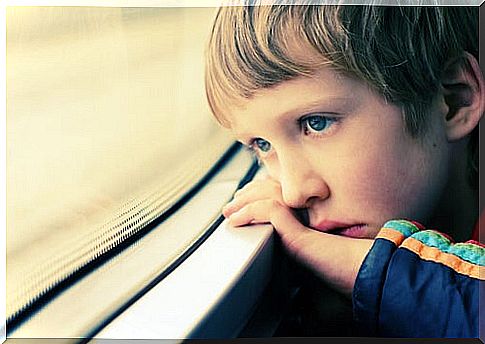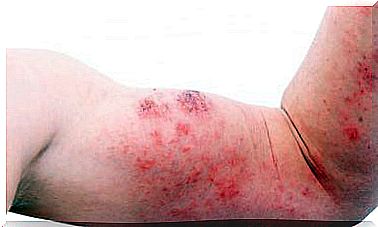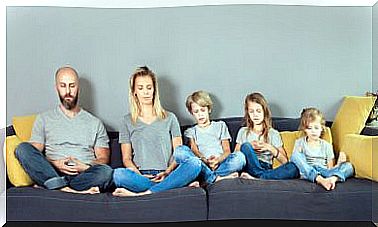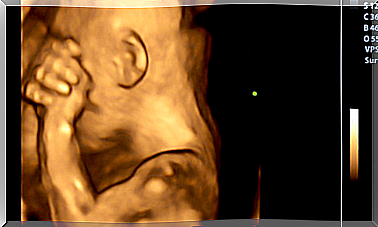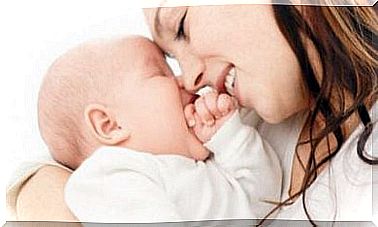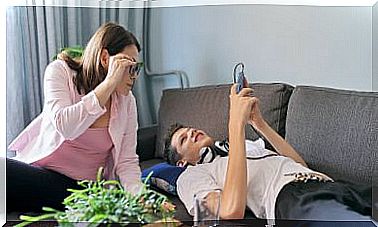Sensory Processing: A Little Noticed Difficulty
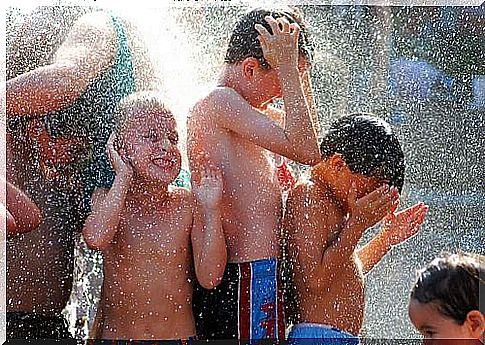
Sometimes we meet children who have somewhat peculiar behavior or preferences that attract attention. In these cases we could be dealing with children with sensory processing difficulties.
They are children who, for example, do not like to have their hair or nails cut, who cannot stand long-sleeved clothing or who show an immense dislike of swings. We tell you more about it so you can identify it in your children.
What are sensory processing issues?
To move our body, regulate our social behavior, learn, communicate … in short, to function in the environment, our brain works with information from different ways. We obtain this information through our five senses (smell, sight, taste, touch and hearing). But we also use tactile (deep touch) and vestibular (balance and movement) information.
However, sometimes the processing of the information provided by one or more of these channels is incorrect. Either because it is overvalued or because it is hardly perceived. So the difficulties in sensory processing are alterations in sensitivity with respect to the environmental stimuli of our body.
How are sensory processing difficulties manifested?
The manifestations are diverse and varied and will depend on several factors:
- The age of the child
- The affected channel
- If the error when processing is due to excess (hypersensitive) or default (hyposensitive). That is, if the stimuli are perceived in an exaggerated and overwhelming way, or on the contrary, they are almost imperceptible.
Here are some examples of hypersensitive children:
- Tactile hypersensitivity. They reject some types of clothing such as long-sleeved shirts, long pants, socks, coats, hats… Also, they dislike some textures such as foam, plasticine, sand, certain foods…. It also occurs in babies who are excessively irritable when they have soiled the diaper
- Vestibular hypersensitivity. They show dislike or fear of swings, wheels, bicycles, mechanical parks …
- Hearing sensitivity. Crying and overwhelming irritability at loud or sudden noises.
- Visual sensitivity Crying and overwhelming irritability before light stimuli.
- Proprioceptive hypersensitivity. Excessive discomfort when they have abdominal pain, have been hit or at any signal from the body.
- Olfactory hypersensitivity. Exaggerated rejection of some common odors that most people ignore.
Here are some examples of hyposensitive children:
For all these examples there may be a hyporesponsive counterpart. That is, where the nervous system demands extra stimulation. Both to be able to notice the presence of the stimulus and respond or because this exaggerated stimulation gives you pleasure. So we see thus children that:
- They love to rub themselves on some surfaces, let Mom scratch them.
- They get overexcited in ball pools or swimming pools.
- They enjoy feeling cramped, tight, and calm down this way.
- They exaggerately seek strong light or auditory stimuli and want to repeat them over and over again.
- It seems that nothing hurts. They seem to have a very high pain threshold and do not complain of bodily aches or pains. They are children who have trouble noticing when to go to the bathroom, for example.
- They seek to overstimulate themselves with strong odors such as some detergents, gasoline or perfumes.
- They find it difficult to calm down.
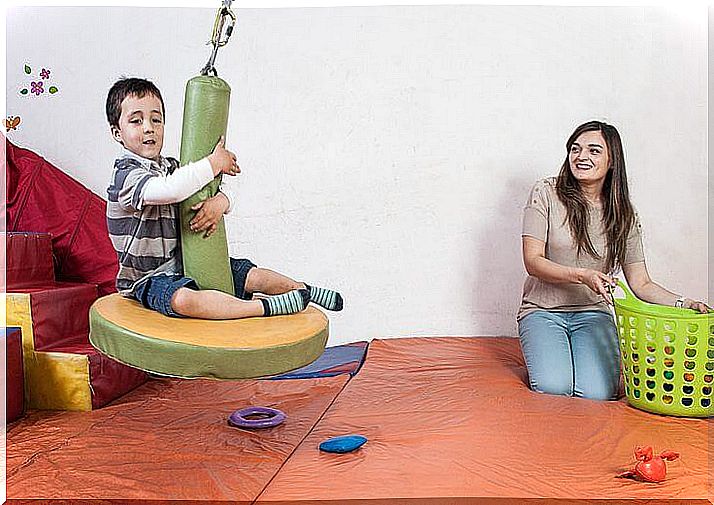
Difficulties in sensory processing are sometimes accompanied
Some children present this type of difficulties in one or more channels, which makes them exhibit peculiar behavior. Even sometimes it affects their ability to relate to and behave.
Sometimes sensory processing issues are part of a larger picture of issues. They usually occur in cases of autism, attention deficit, learning difficulties or other developmental disorders. They can also appear alone.

Timely diagnosis
Always an accurate and timely diagnosis is necessary. This will make you start to remedy these difficulties in time and will help your little one to understand what is happening to him. It will also provide you with strategies to begin to perceive the world in a more measured and pleasant way. You will see how the tantrums and behaviors that seemed reckless diminish.
In the case that it is accompanied by any other condition, the sooner you start working on this, the better the chances of success. If you think your child may be struggling with sensory processing, seek an expert’s opinion . A child development psychologist or sensory processing occupational therapist can help you.
